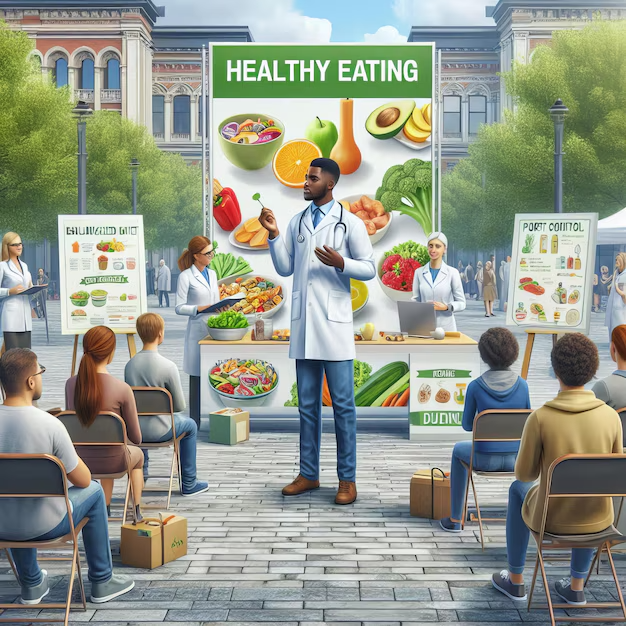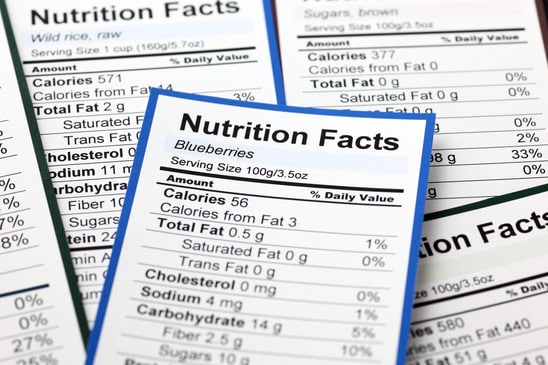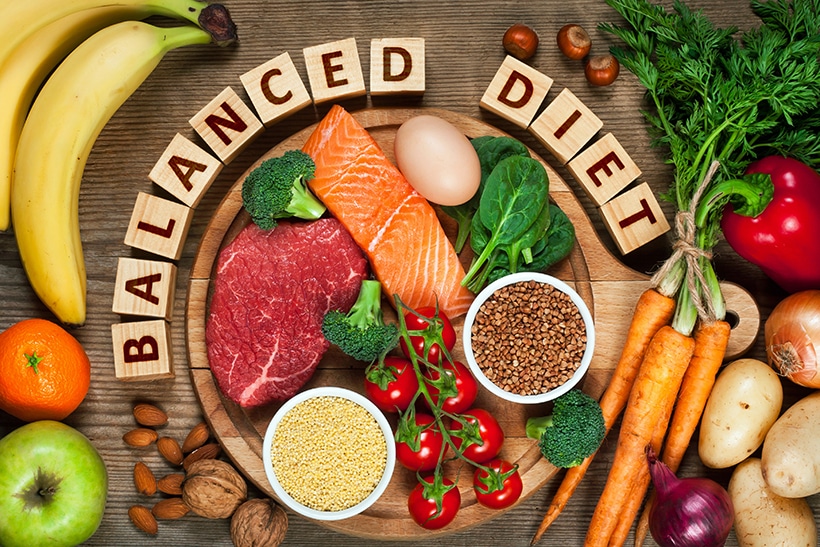Surge in Ultra-Processed Food Consumption Linked to Rising Cancer Risks
In an alarming trend, recent research has established a strong connection between the rising consumption of ultra-processed foods and an increased risk of various cancers. As modern diets shift towards convenience, many individuals rely heavily on pre-packaged meals and snacks. Health experts are raising red flags about the potential long-term consequences of these dietary choices. This issue is particularly pressing given that ultra-processed foods now account for more than half of daily food intake in many populations.

Research Findings on Cancer Risks
A multinational study conducted by the International Agency for Research on Cancer (IARC) in collaboration with the University of Vienna has brought to light disturbing findings regarding ultra-processed foods. The research, published in *The Lancet Regional Health – Europe*, analyzed data from over 266,000 participants across seven European countries. It revealed that higher consumption of these foods significantly raises the risk of cancer and cardiometabolic diseases. Specifically, sugary beverages, processed meats, and packaged snacks contribute to this risk due to their high levels of sugar, fat, and artificial additives.

The Nature of Ultra-Processed Foods
Ultra-processed foods are industrially manufactured products that contain ingredients not typically found in home cooking. These include preservatives, emulsifiers, and artificial flavorings designed to enhance taste and shelf life. While they may offer convenience and affordability, these foods often lack essential nutrients and can lead to adverse health outcomes. For instance, a recent Imperial College London study found that for every 10% increase in ultra-processed food intake, there was a corresponding 2% increase in overall cancer risk and a staggering 19% increase specifically for ovarian cancer.
The implications of these findings are profound. Health professionals emphasize that the increasing prevalence of ultra-processed foods is not just a dietary concern but a public health crisis. Dr. Eszter Vamos from Imperial College London noted that lower-income households are particularly vulnerable to these cheap yet unhealthy food options. She advocates for policies that promote access to minimally processed and freshly prepared meals as a means to combat this growing health threat.

Broader Health Impacts
Moreover, evidence suggests that the detrimental effects of ultra-processed foods extend beyond cancer risks. Studies have linked them to obesity, type 2 diabetes, and cardiovascular diseases. This multifaceted health impact underscores the urgent need for individuals to reevaluate their dietary habits and for policymakers to implement strategies aimed at reducing ultra-processed food consumption.
One critical mechanism by which ultra-processed foods may contribute to cancer risk is through their nutritional composition. These foods often contain high levels of unhealthy fats, sugars, and salt while lacking fiber and essential vitamins. Additionally, they may introduce harmful substances into the body due to packaging materials or cooking processes that generate carcinogenic compounds. For example, substances like acrylamide can form when certain foods are cooked at high temperatures.

Shifting Consumer Awareness
As consumers become increasingly aware of these health risks, there is a growing demand for transparency regarding food processing methods. Many individuals now seek whole foods and minimally processed options as healthier alternatives. This shift reflects a broader trend towards conscious eating habits aimed at reducing disease risk.
In light of these findings, health organizations worldwide are calling for comprehensive dietary guidelines that prioritize whole foods over ultra-processed options. They advocate for public awareness campaigns that educate consumers about the potential dangers associated with high consumption of processed foods.
Furthermore, researchers stress the importance of continued investigation into the specific components of ultra-processed foods that may be responsible for increased cancer risks. Understanding these mechanisms could lead to more effective interventions aimed at mitigating the health impacts associated with these dietary choices.
Conclusion: Rethinking Our Relationship with Food
As we navigate an era defined by convenience-driven eating patterns, it is crucial for individuals to remain informed about the potential risks linked to ultra-processed food consumption. By making conscious dietary choices and advocating for healthier food environments, we can collectively work towards reducing cancer risks and improving public health outcomes.

This growing body of evidence serves as a wake-up call for consumers and policymakers alike: it is time to rethink our relationship with food and prioritize health over convenience.

